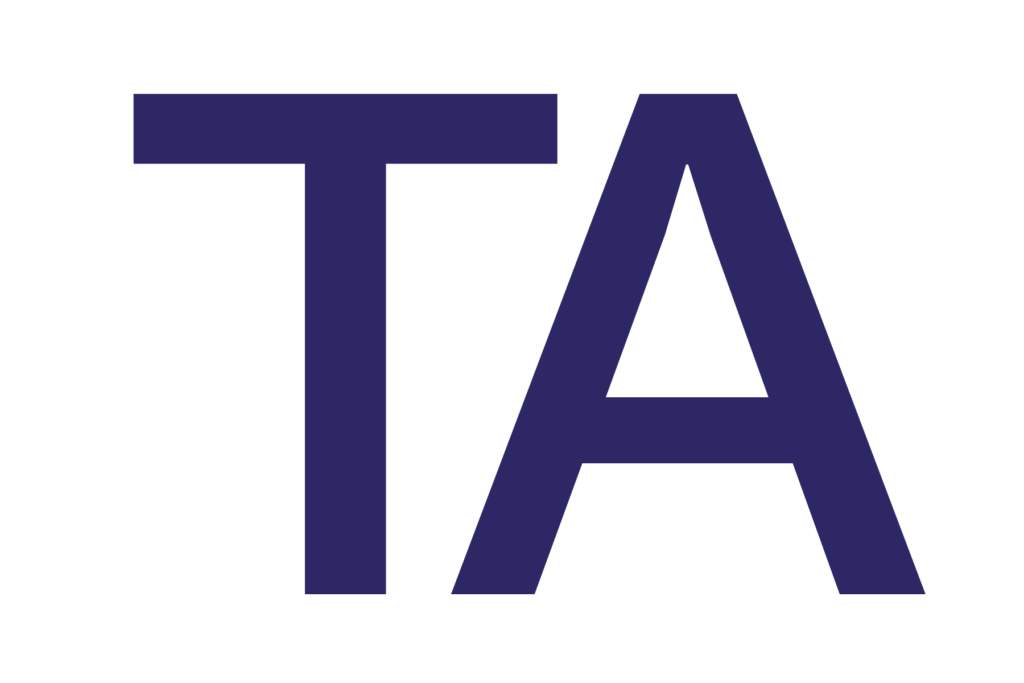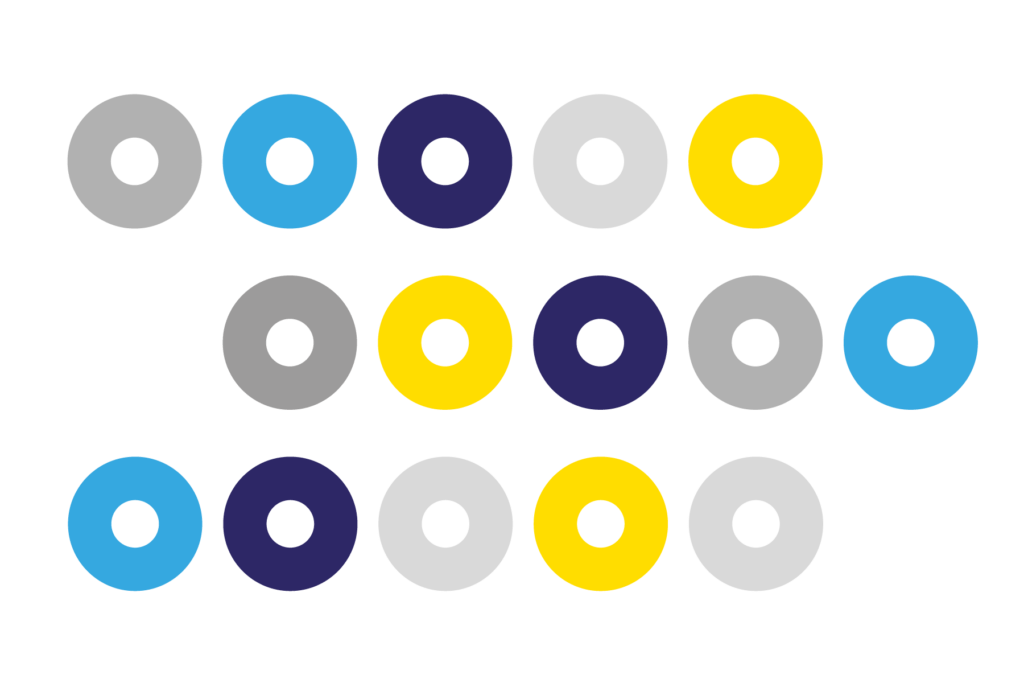EATA PURPOSE
In our mission statement, we say (among other things): The purpose of the European Association for Transactional Analysis is the following:

To promote knowledge and research on Transactional Analysis, to develop its theory, and to ensure agreed standards of practice

To promote cooperation in Europe in the field of Transactional Analysis

To connect the affiliated members of EATA through their national, regional, international or specialist TA Associations
EATA PRINCIPLES
The mutual respect of people working with other people is the base of each transactional work in the fields of psychotherapy, counselling, education and organizational work.
The treatment of a patient with a depression and the coaching of a manager of a pharmaceutical company are based on the same ethical standards –the values of dignity of human beings, self-determination, health, security and mutuality are obligatory for each TA-practitioner–, independently of the field of application.
The basic ethical principles that derive from these values are:
RESPECT
EMPOWERMENT
PROTECTION
RESPONSIBILITY
COMMITMENT IN RELATIONSHIP
These principles relate to different target groups, like clients, practitioners, trainees, colleagues and human environment / community.
We are asked and obliged to realize these principles in our own work and to communicate with these different target groups how they bring these principles in their practise. If for example a trainee or a colleague doesn’t follow these principles we confront it in a respectful and clear way on the base of our roles.
EATA IN NUMBERS
EATA currently has 44 member associations with more than 7550 members in 28 european countries it has been necessary to develop our own definitions and handling of these processes to be able to address the needs of the members in Europe more directly.
EATA is completely separated in its functioning from ITAA, which is still the central TA organisation for the whole world. The close connection is secured by organisational structures that ensure mutual information, co-operation and recognition. The basic standards for training and certification are still the same (with variations according to the different needs and state regulations in different countries).
Website co-created by Maurits Baeyens, Bruno Gallier and XGalvany
